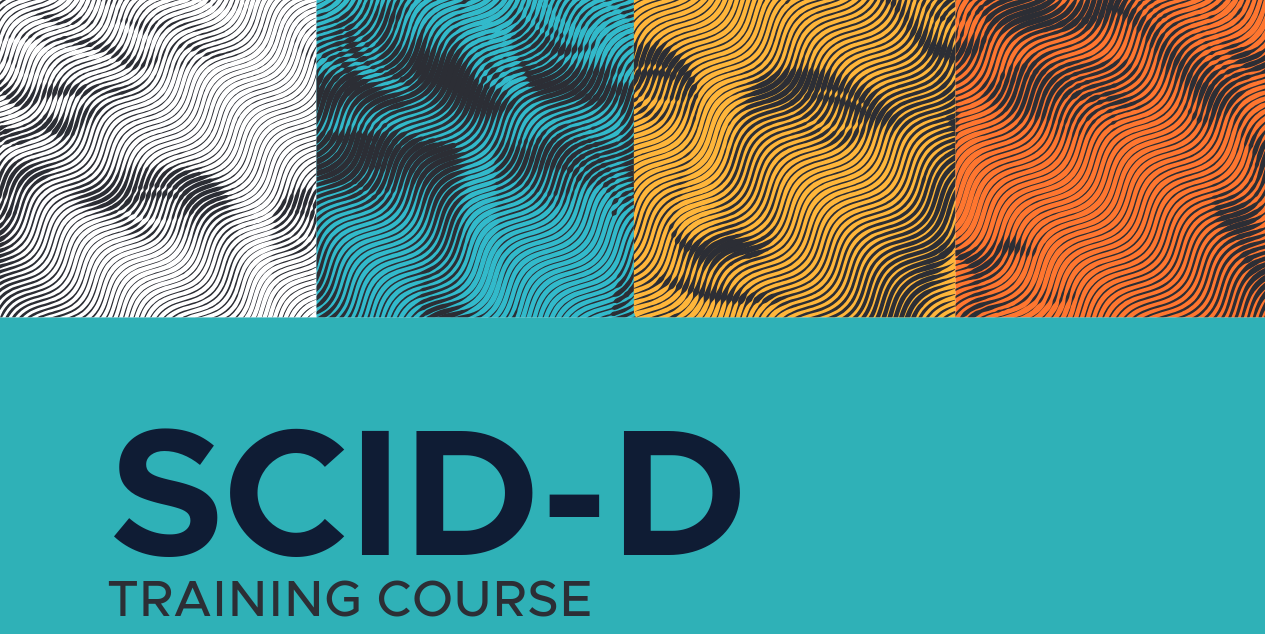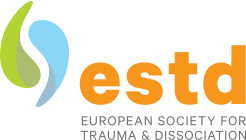
SCID-D TRAINING COURSE BOLOGNA, ITALY, FEBRUARY 7-8-9, 2025
The SCID-D is an interactive, semi-structured interview for the assessment of dissociation in adults and adolescents. It is considered the gold standard for the clinical evaluation of post- traumatic dissociative symptoms and dissociative disorders. Over 30 years of worldwide research have demonstrated the SCID-D’s ability to identify five universal components of dissociation, consistent across cultures and fundamental to dissociative disorders. The most extreme form of dissociation in response to relational trauma is Dissociative Identity Disorder (DID), which remains the least understood disorder and for which there is inadequate training in making the DSM-5/ICD-11 diagnosis.
Following the 2023 update of the SCID-D by Marlene Steinberg, MD, Remy Aquarone, Director of the Pottergate Centre, and Dr. Mike Lloyd of the CTAD Clinic (The Complex and Trauma Dissociation Clinic) collaborated with Marlene to develop a new course, presented for the first time in Italy, for the administration, scoring, and interpretation of the SCID-D Interview: Dissociation Assessment in Therapy, Forensics, and Research (American Psychiatric Press, 2023).
The Semi-Structured Interview for Dissociative Symptoms and Disorders will equip mental health professionals with the tools necessary to provide an accurate assessment of dissociative symptoms in individuals with various diagnoses, particularly in trauma-related conditions such as PTSD, Complex PTSD, and the diagnosis of Dissociative Disorders as outlined in the DSM-5 and ICD-11. Therefore, it is a valuable tool in both clinical practice and research for those treating complex patients with trauma histories, and its administration itself can serve as the start of a therapeutic process.
This training is aimed at those who already possess a solid foundational knowledge of trauma pathways and dissociative disorders. Prior to the two-and-a-half-day in-person course, you will have free access, if you wish, to the online training course provided in English by ESTD UK, titled ‘Understanding & Working with Complex Traumatic Dissociation.
